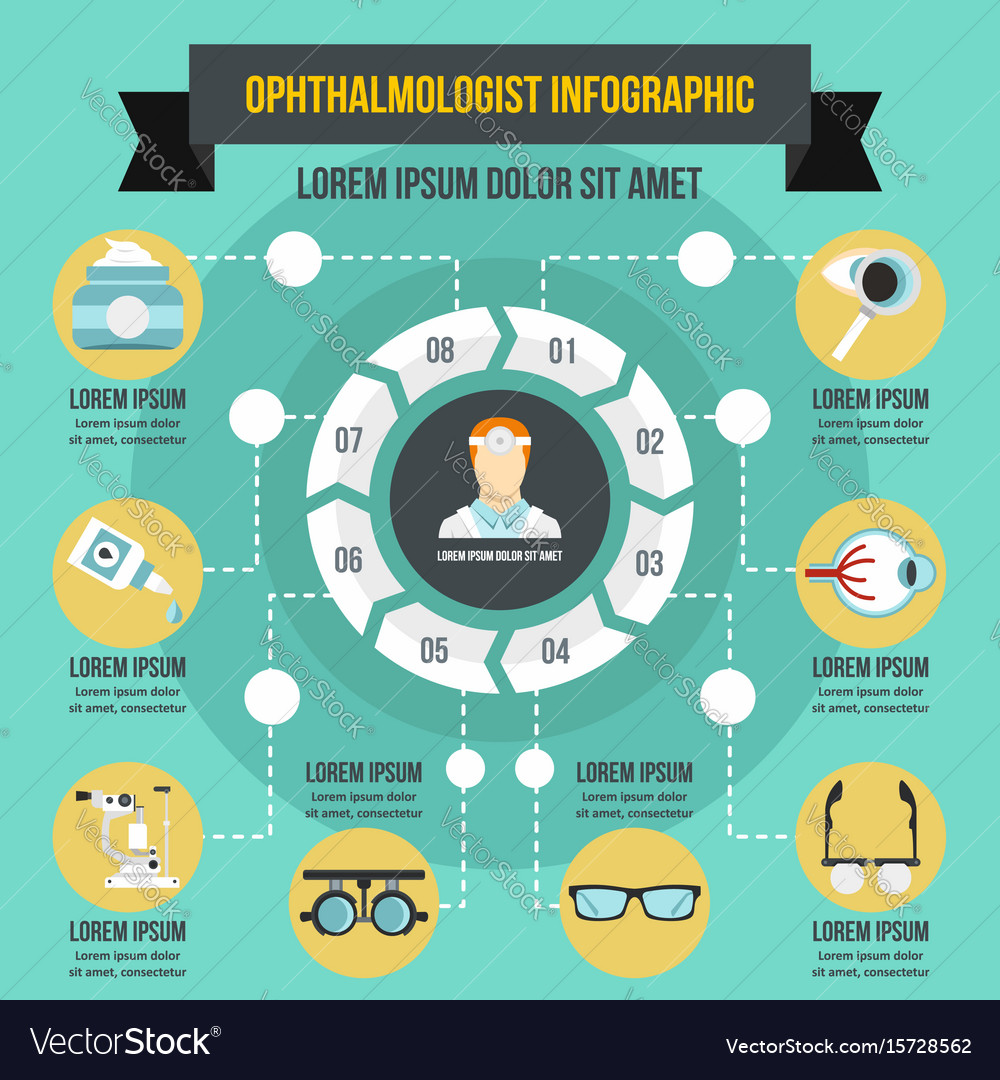Looking For Details On Refractive Lens Exchange? Discover Vital Understandings And Solutions That May Transform Your Approach To Vision Treatment
Looking For Details On Refractive Lens Exchange? Discover Vital Understandings And Solutions That May Transform Your Approach To Vision Treatment
Blog Article
Authored By-Lauesen Blackwell
If you're thinking about refractive lens exchange, you possibly have a lot of concerns. This procedure might transform just how you see the world, using benefits like reduced dependence on glasses. Nevertheless, it's important to understand the procedure, risks, and that certifies as a great prospect. Let's discover these essential aspects so you can make an informed decision concerning whether RLE is right for you.
What Is Refractive Lens Exchange and How Does It Work?
Refractive lens exchange (RLE) is a surgery designed to change your eye's all-natural lens with a synthetic one, correcting vision problems like nearsightedness, farsightedness, or presbyopia.
During the procedure, your surgeon makes a small cut in the eye, eliminates your natural lens, and inserts an intraocular lens (IOL) tailored to your vision needs. This outpatient surgery commonly takes around 15 to 30 minutes per eye and is performed under local anesthesia.
You'll likely see enhancements in your vision virtually quickly, though total recovery might take a couple of weeks. RLE is particularly useful for those over 40 or with high prescriptions, offering a resilient service contrasted to glasses or call lenses.
Your eye care expert can assist identify if RLE is right for you.
What Are the Perks and Threats of Refractive Lens Exchange?
Picking refractive lens exchange can cause substantial renovations in your vision, however it's important to consider both the advantages and threats prior to making a decision.
On the bonus side, this procedure can enhance your sight by dealing with problems like presbyopia, nearsightedness, and hyperopia. LASIK Financing of people appreciate lowered dependancy on glasses or call lenses, which can significantly improve their quality of life.
However, it's crucial to consider possible dangers. Problems can consist of infection, glare, or halos around lights.
There's also a possibility of overcorrection or undercorrection, which might require extra treatments.
That Is a Perfect Candidate for Refractive Lens Exchange?
If you're considering refractive lens exchange, it is essential to know whether you fit the account of a suitable prospect. Generally, you might be a great prospect if you're over 40, experience presbyopia, or have high degrees of nearsightedness or farsightedness.
It's additionally essential that your vision is steady, indicating your prescription hasn't transformed substantially in the past year. If https://www.nbcnews.com/health/health-news/new-eye-surgery-holds-promise-correcting-nearsightedness-n766836 have cataracts or other eye conditions, you could take advantage of this treatment as well.
Nevertheless, specific aspects, like uncontrolled diabetic issues or autoimmune diseases, could disqualify you. To determine your candidateship, consult with an eye care expert who can review your details scenario and advise the best course of action tailored to your requirements.
Conclusion
In conclusion, refractive lens exchange can be a transformative option for boosting your vision, specifically if you more than 40 or have a high prescription. While the advantages are substantial, it's vital to consider the risks and speak with your eye treatment expert to identify if you're a perfect prospect. With the appropriate details and assistance, you can make a notified decision and possibly appreciate a life with decreased dependancy on glasses.
